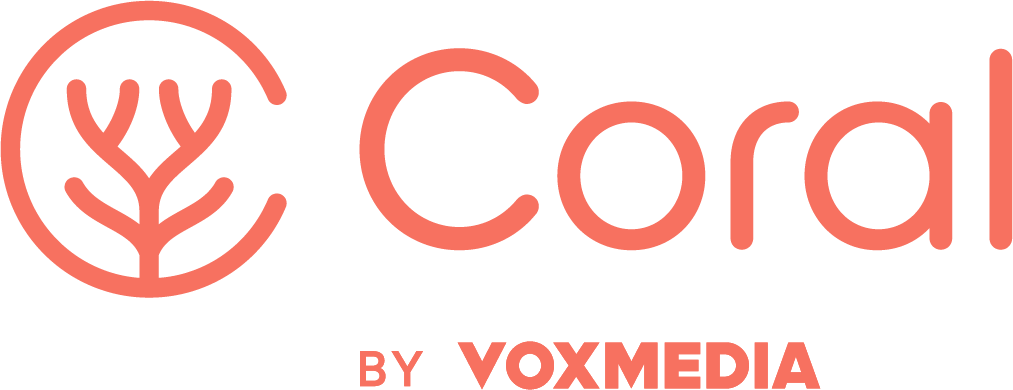By Jessamyn West, former director of operations at MetaFilter
Movies about putting together a team to do one last job may be fun but they give terrible advice. If you do what they suggest, you’ll end with a bunch of white guys in nice suits, each with a highly specific skill set and an complete inability to work together most of the time. To create a strong community team, you need a diverse group of people who are skilled at interacting with users and each other. (And honestly, who cares how they dress?)
In order to recruit and manage a team of remote workers with ample “soft” skills (as people often disdainfully refer to those particular, tough-to-quantify skills required to carry out community engagement and moderation) you need to more than just check resumes and call references. I learned this the hard way, helping take the community blog MetaFilter from being a 1.5 person operation working out of two US timezones to an eight-person team that covered the site round-the-clock. Here are the keys to assembling and managing a successful community team.
Moderation changes people
Moderation is a real job. Both you and your boss need to treat it like one. Many communities start out being managed by superfans who “help out” around the place when they have time, or by journalists in their “spare” time. While unpaid and untrained moderation structures might work when communities are just getting started, as soon as any part of your community is associated with revenue generating, some of that revenue should go towards paying staff members to focus on this work. This is necessary for good workplace morale, which translates into good community morale.
Before you hire anyone, see if they have any history on the site. If so, have they always modeled the behavior that you’re trying to encourage in your community? If not, are they at least heading in a positive direction? When we would hire internally at MetaFilter, I was frequently surprised by some of the people who would apply for moderation jobs – users whose behavior in the recent past had been contentious, and users who didn’t seem to have a grasp of site norms or expectations.
One of the downsides to hiring longtime community members is that all their future interactions become instantly subject to greater scrutiny – in the eyes of everyone else, they’re no longer just another user. It’s important to make clear to potential moderators that their relationship to the site will change. This is not to say that they always need to get along with everyone all the time, but that if they have personal disagreements or issues, those have to be 100% disassociated from their work interactions. If they’ve been a contentious interlocutor on the site in the past, it needs to be clear that they have to put that entirely behind them. As team leader, you need to stay on top of this, work to ensure that it happens, and give feedback and make plans if it’s not happening.
The most challenging parts of moderation jobs often happen in the shortest timeframes. Community managers are people who have to make important snap judgments independently. What should be done about this threatening comment, or that user who has gone off the rails? Deliberate and careful thinking can be good for post-game wrap-up discussions but decisiveness is a key trait for anyone you hire. Some of this will depend, of course, on what level of staffing you have. If community managers will always be on shift alongside other members of the team, building up schedule slots with people with complementary skill sets and on-site experience can be great for the site, and is a good way to provide a positive mentoring experience for newer employees.
Regardless of where they came from, the final responsibility for actions and inactions of the moderation team are your responsibility. Make sure you’re checking in regularly to see that everyone is on the same page. While rigid adherence to laundry lists of rules probably isn’t necessary, general understanding and implementation of at least the spirit of community rules is the bare minimum you should expect of your team members, and it’s your job to make sure that’s happening. You might also want to check in informally with trusted community members at various points, to get their read on how the moderation team is doing from their perspective
Talk the Talk
Similar to other telecommuting jobs, moderation is a job of intensive communication. Not only must community managers interact with the members of their communities and pay attention to the meta-level of their community’s health, they must also communicate with team members and keep up with the actions of other moderators. Good moderators are often hypercommunicators ,and are flexibly contactable through a number of different methods. They will be good at interacting with each other–as fellow community members and as colleagues–as well as with you. Finding ways to encourage staff camaraderie can go a long way towards creating a positive work environment.
At MetaFilter, we used mailing lists, instant messenger, on-site communication, and the occasional text or phone call. We also had an intranet where mods could leave messages for one another about site status and hot spots, and check in and out of the “office”. Now the team communicates primarily via Slack but are still accessible to users via most other methods. If the goal is for users to have a good experience on the site, have staff be contactable in multiple ways. This can be challenging while still trying to maintain a good work/life balance, as I explain below.
Time and Timing
One of the hardest aspects of an online, distributed work environment is modeling good work/life balance, especially for people who are often heavily engaged internet users. For example, when you want to make a site change that affects users, optimally you will lay the groundwork with your moderation team beforehand. If you need team feedback, make sure that it happens during their work hours, not just on your release schedule. If moderation is a baked-in part of your community website, you have to plan to stagger your communications around mod available hours, or you risk stressing members of the team with mandatory off-hours communication. If you have 24/7 coverage, it’s not okay to make antipodal staff members have to check email in the middle of the night just to keep up.
All the Populations
Managing a diverse and inclusive workforce – which is what you and every community need – requires constant care and vigilance. If you’re trying to increase your GLBTQ staffing, and still have paperwork that asks people to chose between two genders, you’re doing it wrong. If you put out a podcast and don’t also provide transcripts for the hard of hearing, you’re sending a message about who you value. If your site allows users to post images but doesn’t make it easy to add ALT descriptions for the visually impaired, you’ve made a vital part of your community inaccessible to many potential members.
No community manager has perfect knowledge about every issue related to inclusion. You need to admit what you don’t know, and bring in experts to talk about inclusion and diversity as well as anger management issues, mental health issues, substance abuse issues, and legal and medical issues that might affect how you manage your community and how you run your team. Many online communities will include members whose backgrounds differ in fundamental ways from the makeup of your community team. See if you can arrange a skill and knowledge exchange among the community and your team, to help you learn more about how to support many different kinds of users.
That said, you should try to ensure your moderators match your membership as best you can. This can be tricky if the communities you manage have a widely varied class, race, gender or geographical makeup, and one that is different from the kinds of people usually associated with community management, but let people surprise you. Try to hire and promote from within your community, especially in situations where upper management – so often white and male in the tech world – doesn’t share a background with most members of the community.
Keeping People Around
Make sure your staff take care of themselves. Moderation done well is an empathetic job into which people put a lot of themselves. Probably the most important trait good community managers have is big-heartedness, which means that sometimes the issues they deal with will be personally difficult and may leak into their non-work lives.. Be willing to step in to on-site conflicts when they get too heated or too personal to give your staff some space to regroup, and protect your team from burnout.
Make sure that your team knows that you have their backs, and that they’re not supposed to just be cannon fodder who suffer abuse so that higher-ups don’t have to. Make sure they know that your job is not to micromanage them or second guess their decisions, but to help them do the job of keeping the community flowing smoothly.
Community management is, at its most barebones level, about protecting people from abuse and harassment. As you level up to become a well-managed community run by a supported and empowered team, the spaces you oversee will become appealing destinations that foster positive interactions, good conversations and help everyone involved live more realized lives. It’s worth the effort.
Jessamyn West does library technology work in Central Vermont and works for the Internet Archive’s Open Library project. She has previously written about moderation on Medium: Bad Comments are a System Failure.


